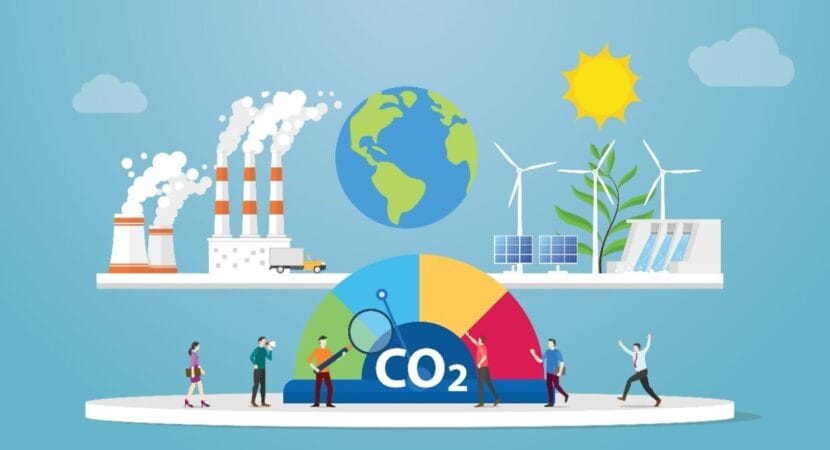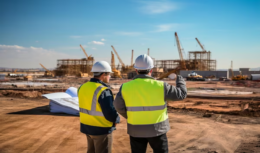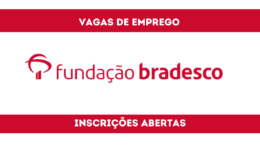
The transformative impact of the carbon market in Brazil
Brazil, under the imminent presidential sanction of Bill No. 412/2022, is about to experience a significant transformation in the carbon market. According to Marcelo Sarkis, Risk Superintendent at Banco BV, this legislative change aims to establish limits for carbon dioxide (CO2) emissions by companies. Approved by the Federal Senate and awaiting presidential sanction, the PL promises to place Brazil at the forefront of environmental regulation. It's not just about mitigating gas emissions, but also about uncovering substantial economic opportunities.
Understanding the carbon market and its objectives
The carbon market, a mechanism designed to offset greenhouse gas (GHG) emissions, creates a system for buying and selling carbon credits. One credit is equivalent to one ton of gas. Companies that reduce their emissions below the established limit can sell excess credits to other organizations or governments that need to meet GHG reduction targets. The first step to participating in this market is to calculate the company's carbon footprint, followed by the implementation of strategies that result in credits for commercialization.
Strategies for reducing and capturing emissions
To reduce or capture CO2 emissions, companies can invest in renewable energy projects, energy efficiency, reforestation or even advanced carbon capture technologies. It is essential that credit-generating projects go through a rigorous verification process, guaranteeing the authenticity and quality of carbon credits.
The financial market and carbon credit trading
Buying and selling carbon credits follows a process similar to trading commodities in the financial market. Like any financial asset, the price of carbon credits is influenced by the relationship between supply and demand. Some companies are already anticipating and acting voluntarily, acquiring credits to offset their emissions.
The transformations of the carbon market in Brazil
With the approval of the PL by the Federal Senate, Brazil is moving towards more sustainable practices, even with the exclusion of agribusiness from regulation. The proposal, after agreement with the Parliamentary Agricultural Front, excluded agricultural production and indirect emissions from the production of inputs in the sector from SBCE regulation. To comply with the new legislation, companies must reduce their emissions or acquire carbon credits. This new market, brimming with potential, is emerging as a driving force for a more sustainable future.
Source: Marcelo Sarkis is Risk Superintendent (Credit, Market, Liquidity, Socio-environmental, Integrated and Capital) at Banco BV.












